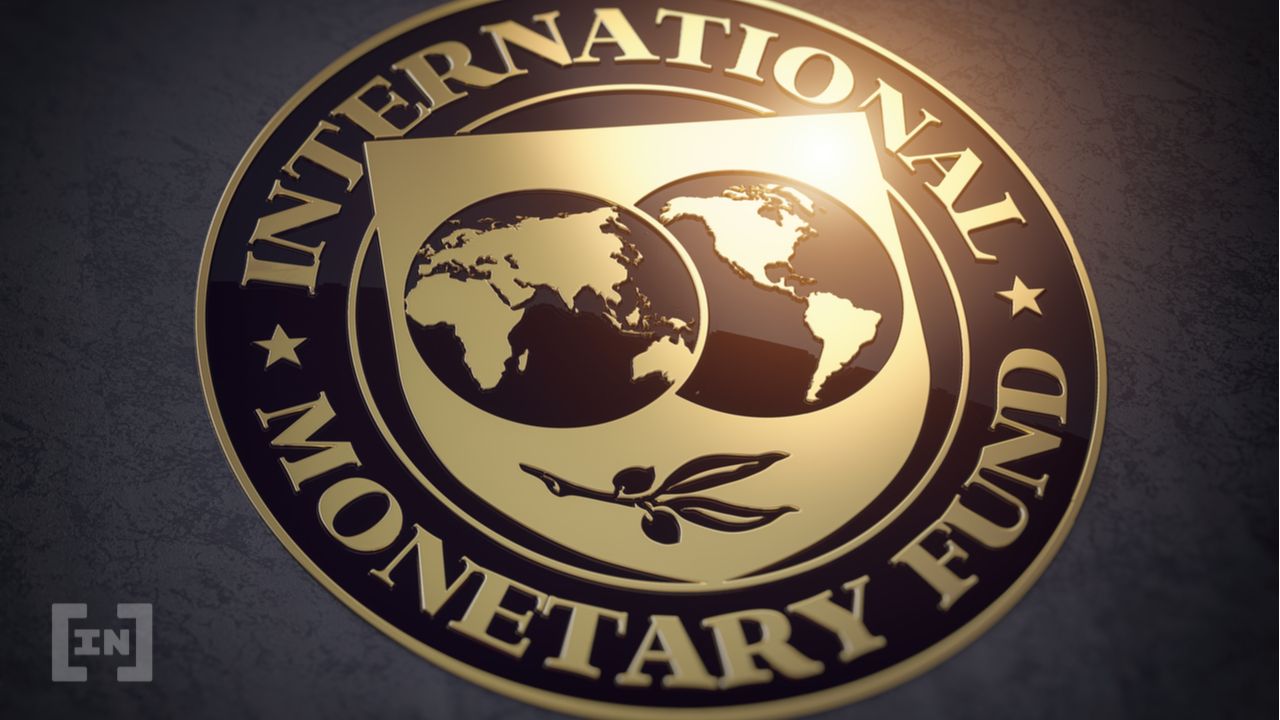The U.S. dollar (USD) risks possible erosion as sanctions placed on Russia seem to be inspiring stronger crypto adoption, according to a top IMF official on Thursday.
Gita Gopinath, first deputy director at the International Monetary Fund (IMF), pointed to the ongoing stringent Western financial sanctions that have frozen most of Russia’s financial assets amidst the country’s impulsive invasion of Ukraine.
“The dollar would remain the major global currency even in that landscape but fragmentation at a smaller level is certainly quite possible,” she said in an interview with the Financial Times. “We are already seeing that with some countries renegotiating the currency in which they get paid for trade.”
Earlier this week, Gopinath and the IMF had already stated that there has been an increase in the use of cryptocurrencies prior to Russia’s invasion of Ukraine, pointing to emerging markets.
“We’ve seen it happen, more in emerging markets than in others,” she said. “I think parts of the world where there’s less financial inclusion, where people have less access to regular forms of credit, cryptocurrency and other related forms of digital currencies can start playing a very important role.”
Indeed, the IMF has continued to raise financial stability concerns due to the ongoing use of cryptocurrency. Months following El Salvador’s policy decision to accept Bitcoin as the country’s official legal tender, the IMF had cautioned that ‘uncoordinated regulatory measures’ could facilitate potentially destabilizing capital flows in some countries.
However, Gopinath also pointed out the current lack of a regulatory framework surrounding the cryptocurrency landscape. “All of these will get even greater attention following the recent episodes, which draws us to the question of international regulation.”
As for global regulations, the IMF official asked for a particular focus to help “ensure that the new forms of digital money don’t lead to evasion of capital risk flow restrictions, especially for emerging and developing economies.”
There are those, however, who still believe El Salvador’s “accomplishments” is a waste of taxpayer money. Steve Hanke, a professor of applied economics at the Johns Hopkins University in Baltimore took to Twitter back in January calling out Nayib Bukele for bringing a “volatile, speculative asset” into El Salvador’s economy.
Sharing in part to Hanke’s concerns, U.K. central bank’s Financial Policy Committee has also been pushing for global modulation for stronger crypto oversight.
According to the Bank of England, enhanced regulatory and law enforcement frameworks are required at both domestic and global levels. Earlier this year, Nobel Prize-winning economist Paul Krugman had related the repercussions of the U.S housing market collapse of 2007–08 to the crypto market in a New York Times Op-Ed.
Despite the growing popularity of crypto currently, the IMF believes that with the ongoing geopolitical crisis, the increased use of crypto is still difficult to quantify.
“It’s not an easy picture to put together. But we are tracking this very closely,” she said.
What do you think about this subject? Write to us and tell us!
Disclaimer
In adherence to the Trust Project guidelines, BeInCrypto is committed to unbiased, transparent reporting. This news article aims to provide accurate, timely information. However, readers are advised to verify facts independently and consult with a professional before making any decisions based on this content. Please note that our Terms and Conditions, Privacy Policy, and Disclaimers have been updated.


